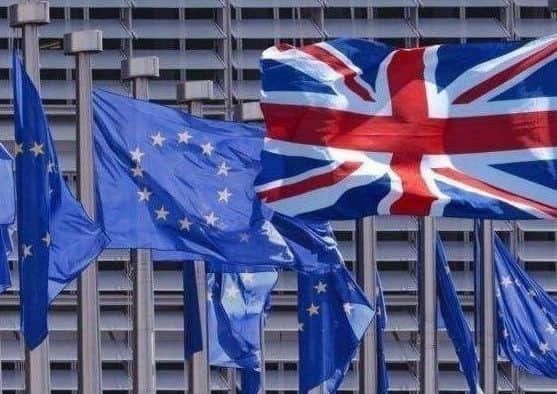The Yorkshire Post says: Migrants '“ and why they count. Policy needs wider perspective


For, while Britain’s global success can be attributed, in part, to the contribution that workers from overseas make to the economy or quality of key public services like the NHS, the issue of free movement for EU citizens very much fuelled this country’s decision to leave the European Union.
Yet, with just six months to go until the country’s exit from the EU, and much uncertainty about the terms of the UK’s departure as Theresa May prepares to meet European leaders, the Migration Advisory Committee has sought to provide some clarity by suggesting that this country applies a level playing field over future visa applications and does not favour workers from EU nations.
Advertisement
Hide AdAdvertisement
Hide AdHowever, while this does, in fact, mirror Canada’s approach, the reports put the onus back on Ministers to make the final decision. And this is precisely where the issue becomes more vexed. For, while Theresa May is clearly doing her best, she is very much at the mercy of the Tory party’s competing factions and unable to put the interests of industrialists – the people who know how to create jobs and prosperity – first and foremost.


For, while this report’s emphasis on skilled workers is welcome, Britain is enjoying record levels of employment and will still be dependent on migrants – both skilled and unskilled – after Brexit. The question now is whether Ministers want such people to drive forward the economy, and assist small businesses who are fearful of the future, or simply to plug the gaps when they emerge.
In an ideal world, Britain would be in a position to foresee trends in skills, and so on, before they become apparent. Politicians would also ensure that migration policy operates in tandem with policies on business growth and education rather than in isolation. Irrespective of Brexit’s final terms, this needs to happen.